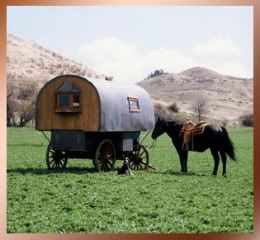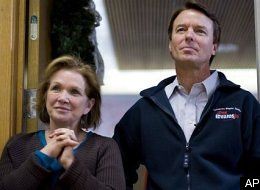
 Excerpted from Burning the Midnight Oil for the Coalition Change Strategy (24 March), in the Burning the Midnight Oil blog-within-a-blog, hosted by kos, though to the best of my knowledge he doesn’t know it.
Excerpted from Burning the Midnight Oil for the Coalition Change Strategy (24 March), in the Burning the Midnight Oil blog-within-a-blog, hosted by kos, though to the best of my knowledge he doesn’t know it.
What about the farmers, you ask?
Doesn’t seem like a big deal, if you look at the occupations by share of the population.
However, appearances can be deceiving, that way. The thing is, when you look at employment in any local area, you can put the employment into two mental boxes … export base employment, and local multiplier employment. The export base employment brings money into the local area, and the local multiplier employment spreads it around … one time around providing services to the export base employees, two times around providing services to the local multiplier employees employed by the first round … and so on.
Of course, at every go-round, some money leaks out of the local area, so this process is no perpetual motion machine … just extra leverage to the income that flows into a local area.
(Sometimes a set of jobs get some demand from one box and some from another, but we’re people, not robots, so we can are able to see a fuzzy borderline as a normal part of the real world and move on.)
And so that means that when that export base employment leaves an area, it takes additional local multiplier employment with it … which is something people up here in Northeast Ohio feel in their bones, and can explain in very clear language, even if it is language you will not normally here used in Church on Easter Morning.
Now, go out into a rural area, and they know, equally clearly even if not in these exact terms, that farmers are a big part of their export base employment. So leaving farmers out of the coalition leaves a lot of rural areas out of the coalition.
Even that may not be so impressive if someone is looking at national shares of urban, inner suburban, outer suburban, and rural population. However, shift attention from national averages to national politics, and suddenly one thing jumps out. The killing ground for more progressive populist reforms than any other institution in our political landscape … even more than the Supreme Court.
 The Senate.
The Senate.
We have, after all, a Federal system, so when particular types of communities are important in the politics of a particular set of states, that is reflected in national politics. In other words, while in a unitary parliamentary system urban populations would be free to exercise a tyranny of a majority over rural populations and ride roughshod over the concerns of rural communities, in a Federal system like ours, there are safeguards put in place against tyrannies … even majoritarian tyrannies.
So, yes, the farmers.


 I just recently
I just recently 
 The Senate.
The Senate.

 Health care is a human right. In my own definition of the progressive movement, I count that as a basic progressive principle.
Health care is a human right. In my own definition of the progressive movement, I count that as a basic progressive principle.